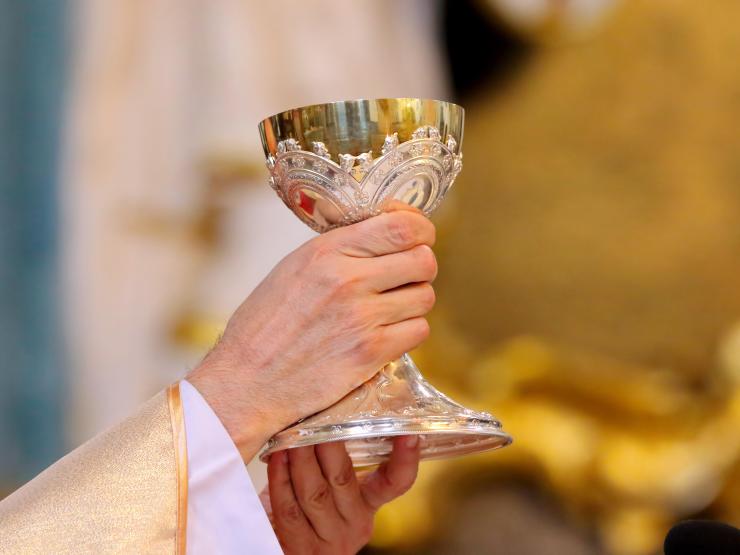A review of all faith-based programming in Alaska’s Department of Corrections has led to an interim ban on the use of alcoholic communion wine in the state’s prisons.
As Catholic doctrine teaches that a priest must consecrate and consume both bread and wine for the Mass to be valid, the decision effectively bans mass from being said at correctional facilities.
A memo modifying the ‘altar wine policy’ was published on 6 June and states that “No altar wine or other alcoholic beverages will be used by anyone who is involved with any activity. The use of a non-alcoholic substitute (juice) for altar wine may be considered.”
But as reported by the American Spectator magazine, the use of a small amount of wine by a Catholic priest in the celebration of Holy Mass is a requirement for Catholics.
“This is done because the Catholic mass memorializes the Last Supper where we believe Christ himself transformed wine into his body, blood, soul, and divinity, and asked his apostles to continue this practice as a perpetual memorial," Brian Burch, president of CatholicVote told the magazine.
It also quotes a 2004 Vatican instruction Redemptionis sacramentum which states that “for the validity of the sacraments,” “other drinks of any kind” cannot “be admitted for any reason, as they do not constitute valid matter.”
But even priests are prevented by the policy from using or consuming wine, as the Alaska state policy notes that it applies to “all Department employees, volunteers and prisoners."
The magazine reports that the Catechism of the Catholic Church says, “The essential signs of the Eucharistic sacrament are wheat bread and grape wine.”
A spokesperson for the Alaska Department of Corrections is quoted as saying a final decision on the policy will take account of what it calls “the appropriate balance between security in DoC facilities and inmates ability to practice their religious beliefs."





